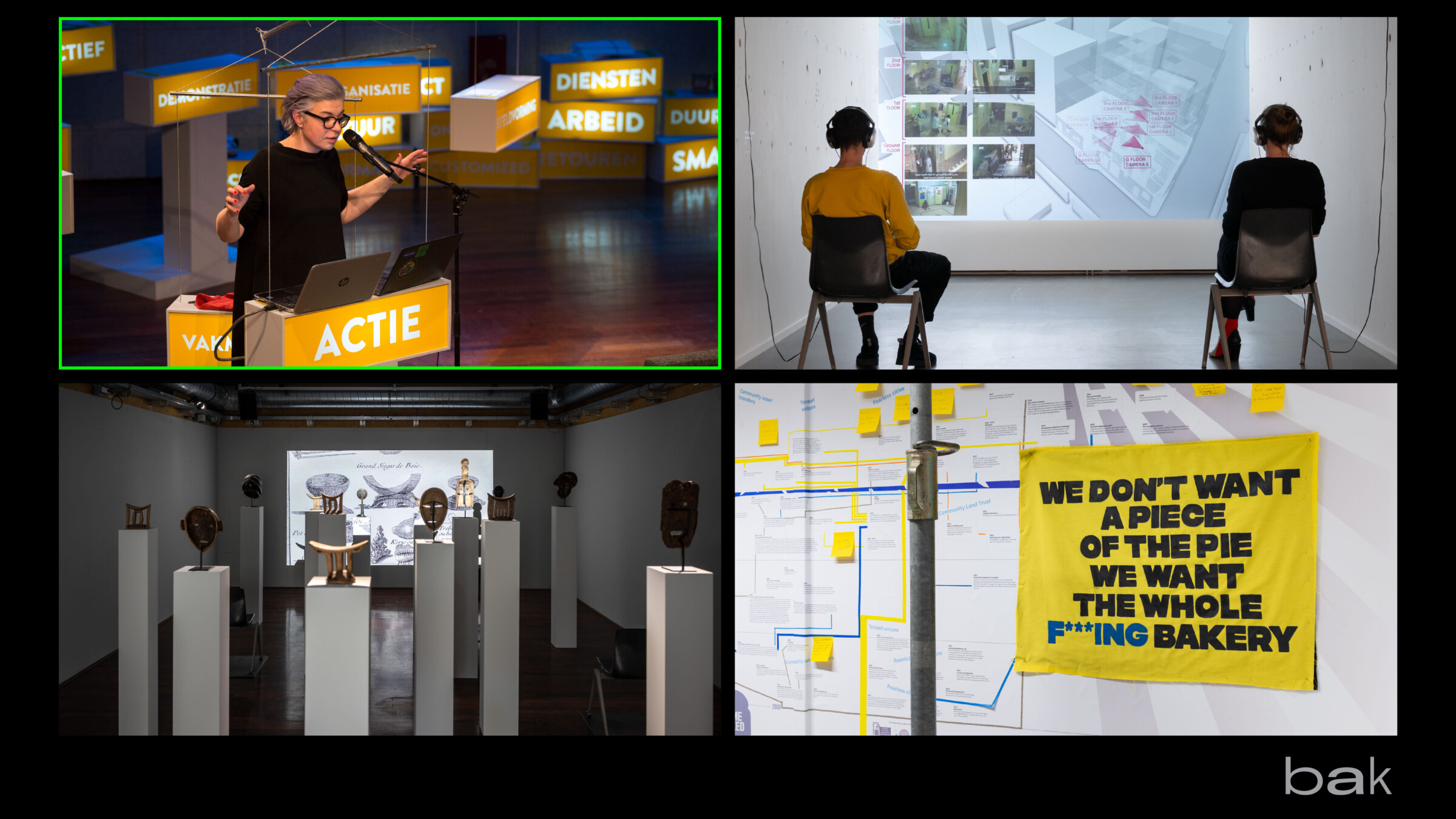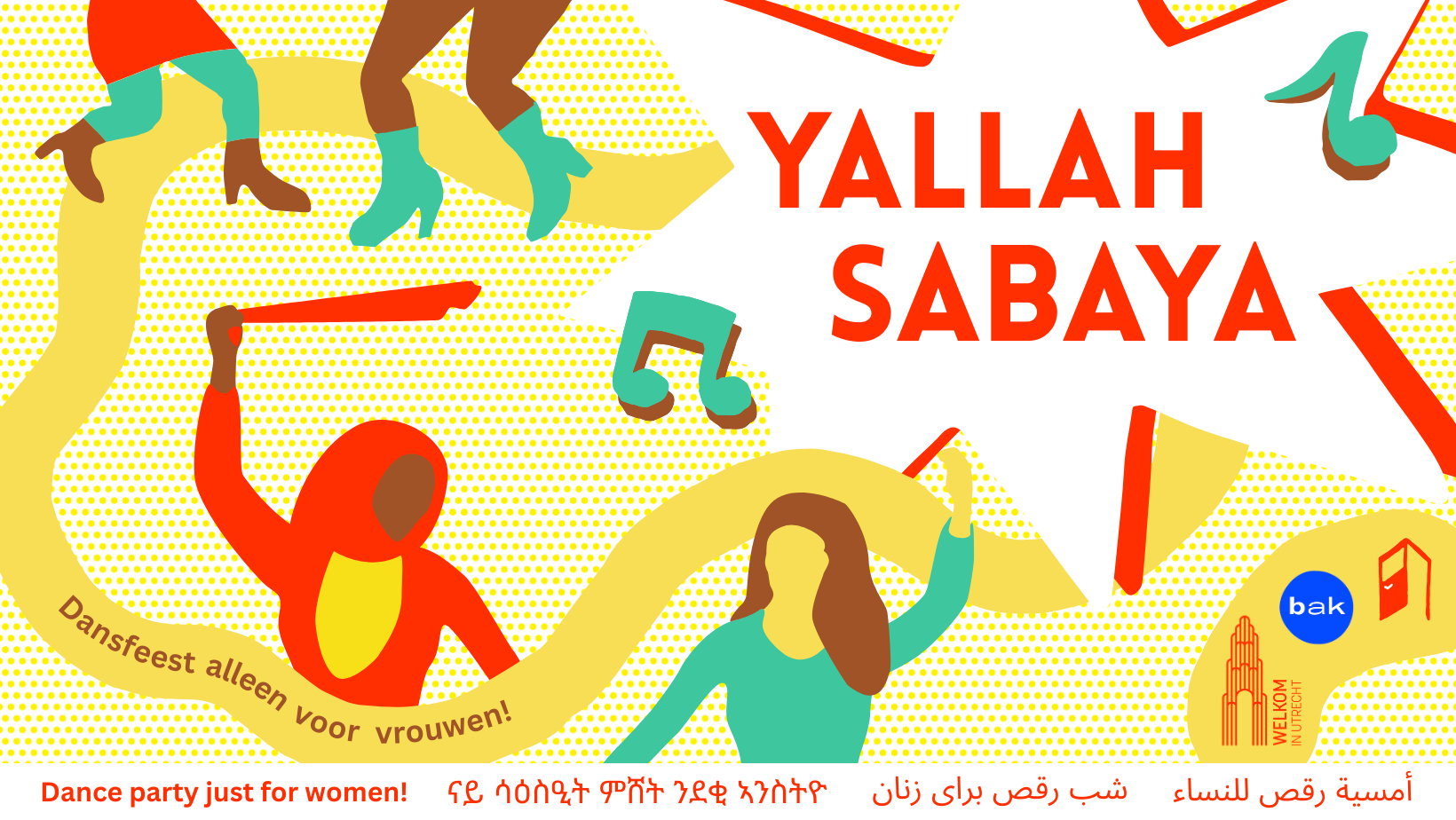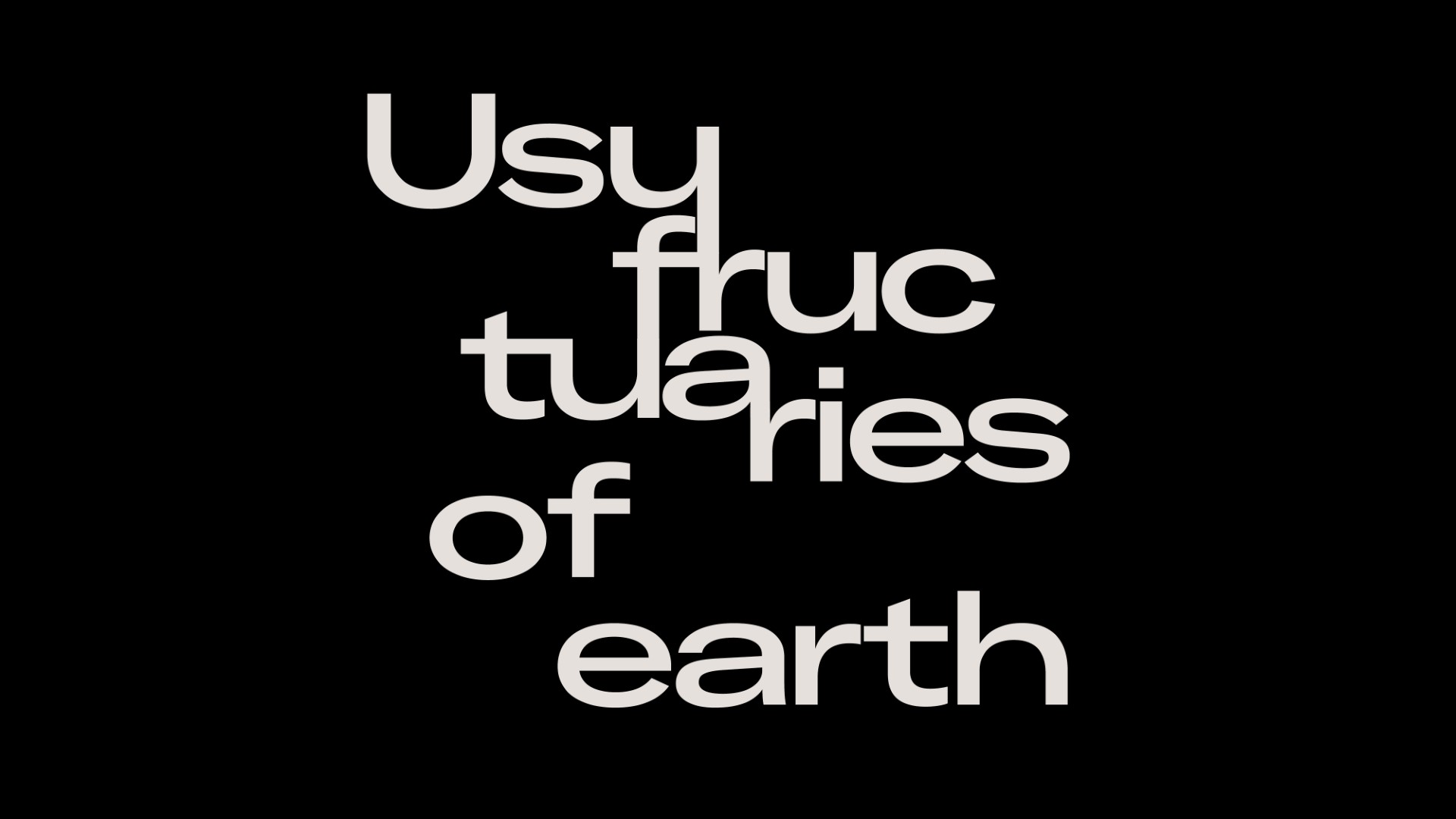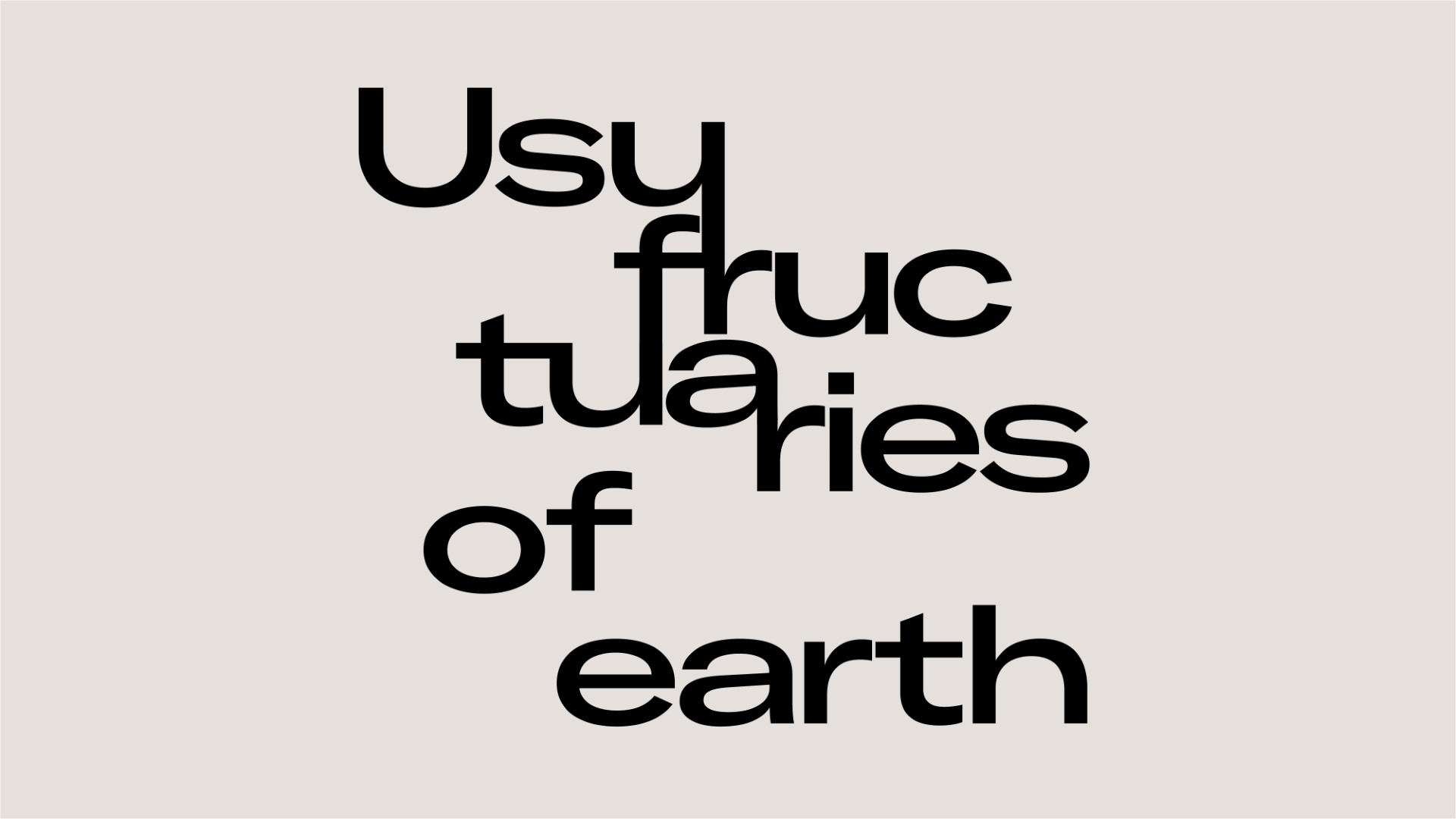Course: Art as Politics – February/March 2022

The sessions take place on the following Tuesdays, online via Zoom:
8, 15, 22 February, and 1, 8 March 2022, 18.30–21.00 hrs CET
We are happy to announce a new open call for the online course Art as Politics!
Art as Politics, a digital extension of BAK Studies (formerly called BAK Public Studies), is prompted by the urgency to engage in collective thinking through, learning about, and imagining critical, politically-informed artistic practices that grasp—and intervene into—the present. The course brings those involved and/or interested in art, theory, and social action into collective conversation with a focus on: the changing nature of artistic practices in the face of multiple and entwined crises, critical redefinitions of “publics,” institutional structuring, and art as envisioning and actualizing politics of “being together otherwise” in— and in spite of—the impending and prolonged “age of pandemics.”
Over five sessions, the participants engage in an in-depth analysis of concrete works of art and projects from within the BAK archive of practice, focusing on the historical period starting with the pivotal year 1989. The case studies and examples of artworks are mainly from BAK’s renowned international projects Propositions for Non-Fascist Living (2017–ongoing), Former West (2008–2016), and Future Vocabularies (2013–2016), and include works by artists such as Kader Attia, Forensic Architecture, Jeanne van Heeswijk, Aernout Mik, Rabih Mroué, and Jonas Staal, among others. The course takes a broad view on artistic production, institutions, and publics, and attempts to build a critical vocabulary through which to reshape understanding and practice of art in the face of present global challenges.
Session 1: In This Time of Crisis: How do Art and Politics Meet?
Session 2: Future Publics
Session 3: Once We Were Artists
Session 4: Rethinking/Reworking Institutions
Session 5: What is Political Imaginary?
The course is taught by Maria Hlavajova, BAK’s general and artistic director.
Participating in the course is open to all concerned with the question as to what art can do in times like ours. Prior knowledge or experience in the subject matter is not required.
Practical information
Applications should be sent in via the form on the BAK website, click button “APPLY NOW” at the top.
Deadline for Applications: 23 January 2022
Fee Waiver Deadline for Applications: 16 January 2022
Dates & Times: Tuesdays on 8, 15, 22 February, and 1, 8 March 2022, 18.30–21.00 hrs CET
Location: Online via Zoom
Language: English
Fee: € 200 (individuals, incl. VAT) and € 350 (institutions, incl. VAT), to be paid before the start of the course. Participants are welcome to pay a larger fee in case they are willing and able to do so; BAK will match these additional funds and offer additional fee waivers to those unable to afford the course fee.
Fee waiver: BAK offers five scholarship positions, for which the participation fee will be waived. If you wish to apply for one of these positions, please check the box in the application form, and let us know why you are applying for a scholarship. The deadline for applying for a scholarship is 16 January 2022.
Study material (reader): optional – € 15 plus shipping costs, the core reading material is included in the course fee and will be made available digitally. Check shipping cost/check shipping time (please note that due to Covid-19, shipping times can take longer: there is a risk you will not receive the reader in time for the start of the course).
Please note: if we receive the maximum amount of applications we have to close the open call early. This will be indicated as soon as possible on our website; please check before sending in your application.
Click here to view the terms and conditions.
If you have any questions, you can contact us via publicstudies@bakonline.org
BAK Studies
BAK Studies (formerly called BAK Public Studies) offer critical insights into theoretical foundations and concrete actualizations of art as public practice. Understanding art in relation to both theory and social action, BAK Studies form a space for collective thinking, imagining, and acting in parallel to BAK’s politically-driven and theoretically-informed research, discourse, exhibitions, and publications.
* Credits image, l.–r. (all photographs taken at BAK, basis voor actuele kunst, Utrecht by Tom Janssen):
– Maria Hlavajova speaks during Propositions #10: Instituting Otherwise, 7 December 2019
– Forensic Architecture, M2 Hospital Bombing, 2017, installation view exhibition Forensic Justice
– Kader Attia, Les Entrelacs de l’Objet / The Object’s Interlacing, 2020, installation with video and objects, 2021, BAK, basis voor actuele kunst, Utrecht, photo: Tom Janssen
– Homebaked Community Land Trust (CLT), Homebaked Co-operative Bakery, and Homegrown Collective in collaboration with Britt Jürgensen, URBED, and Jeanne van Heeswijk, Brick by Brick and Loaf by Loaf We Build Ourselves, 2019, installation view Trainings for the Not-Yet



